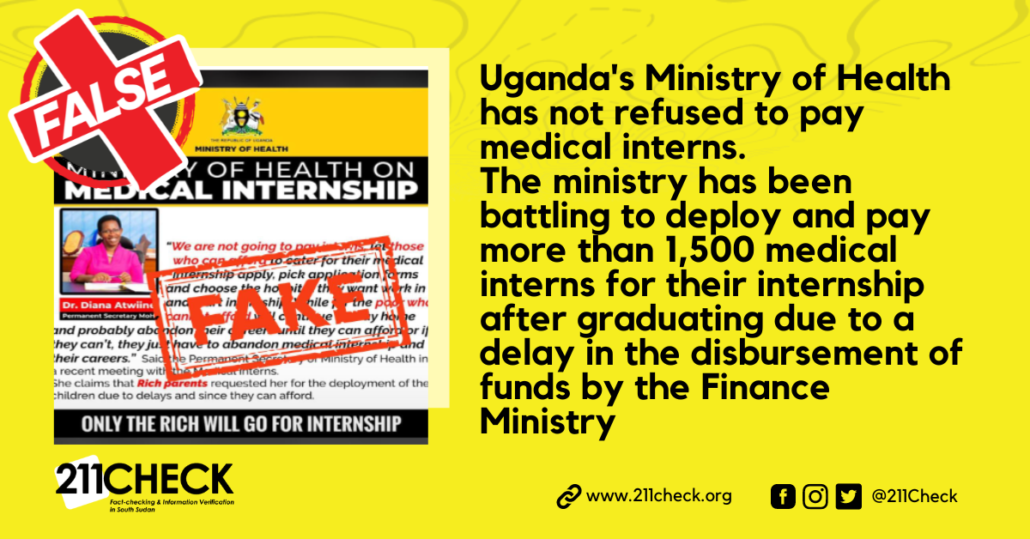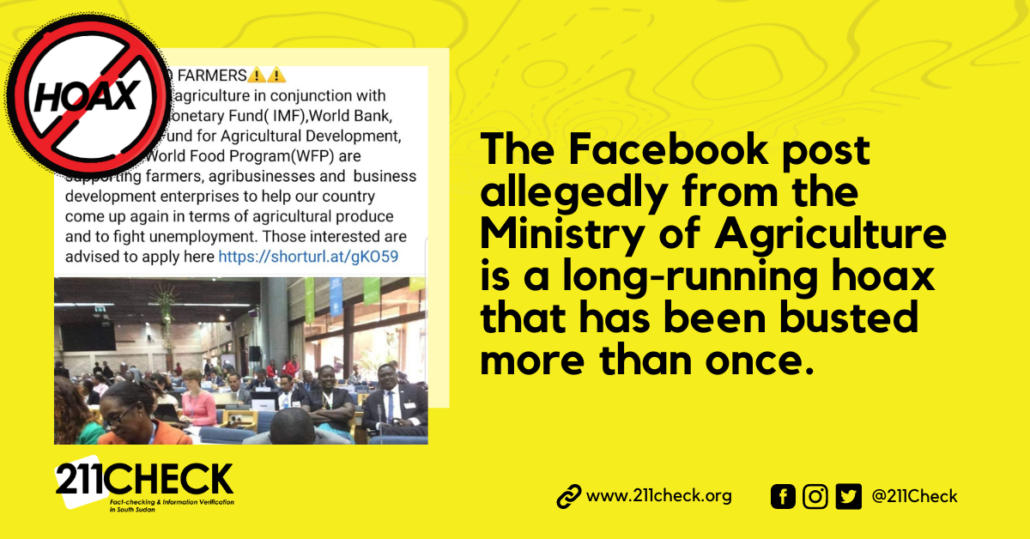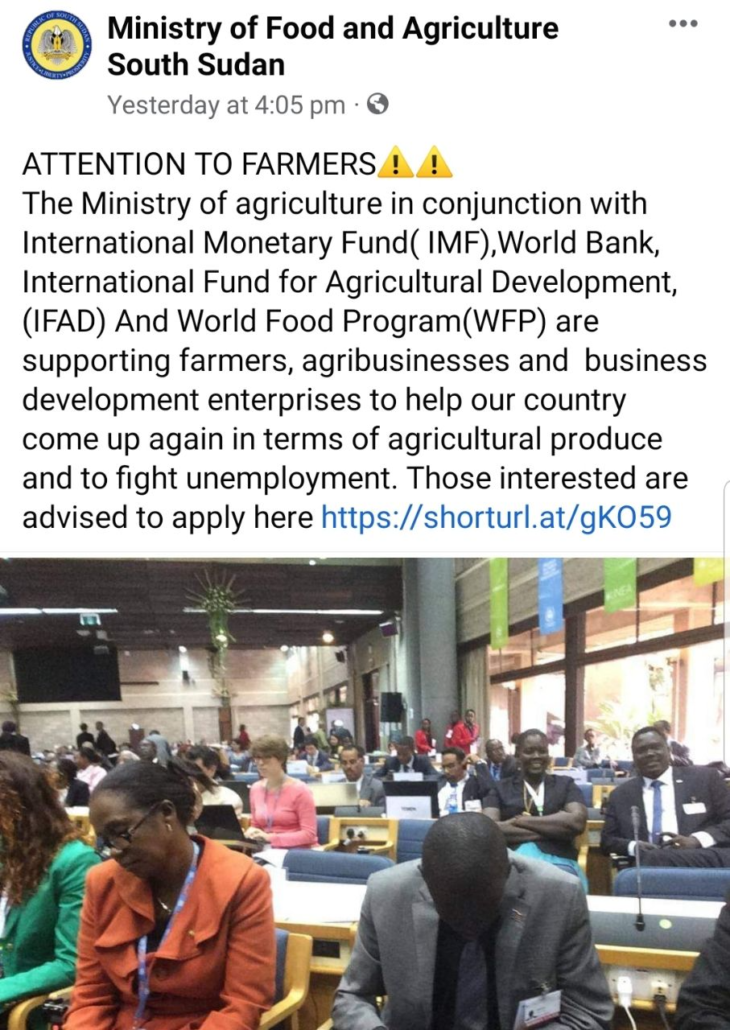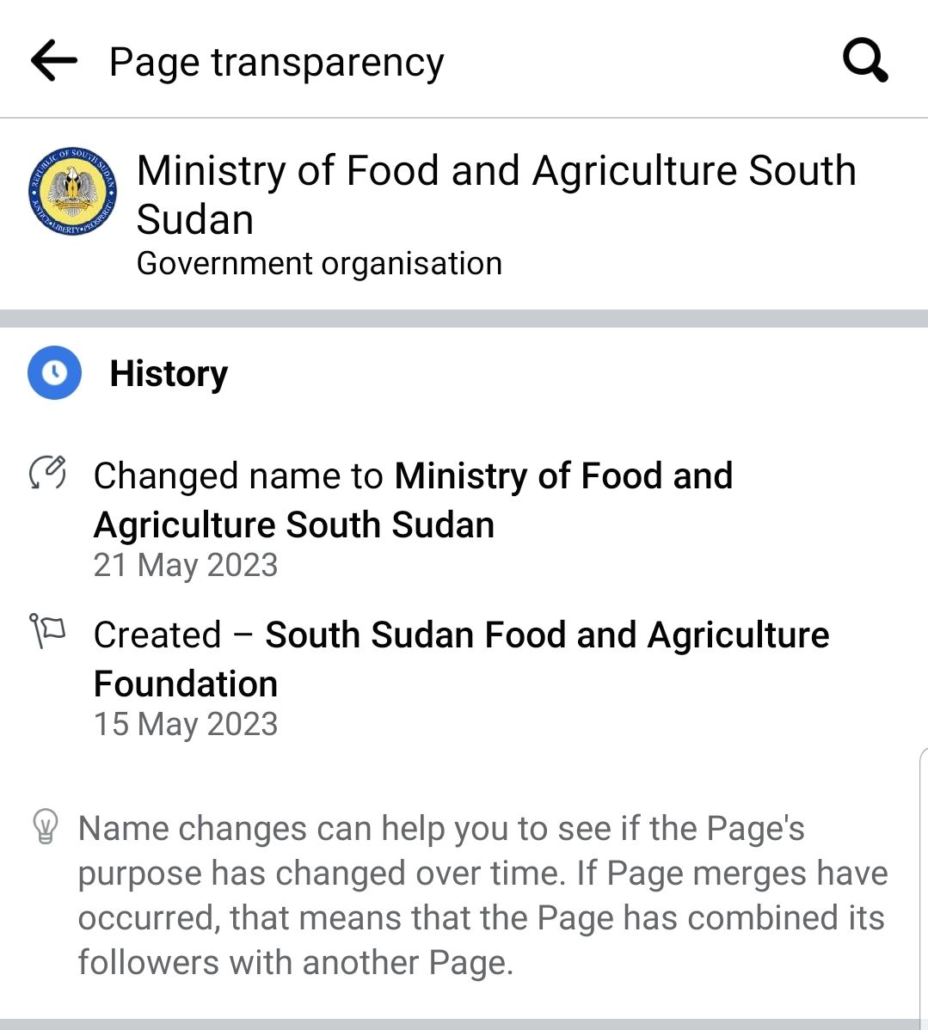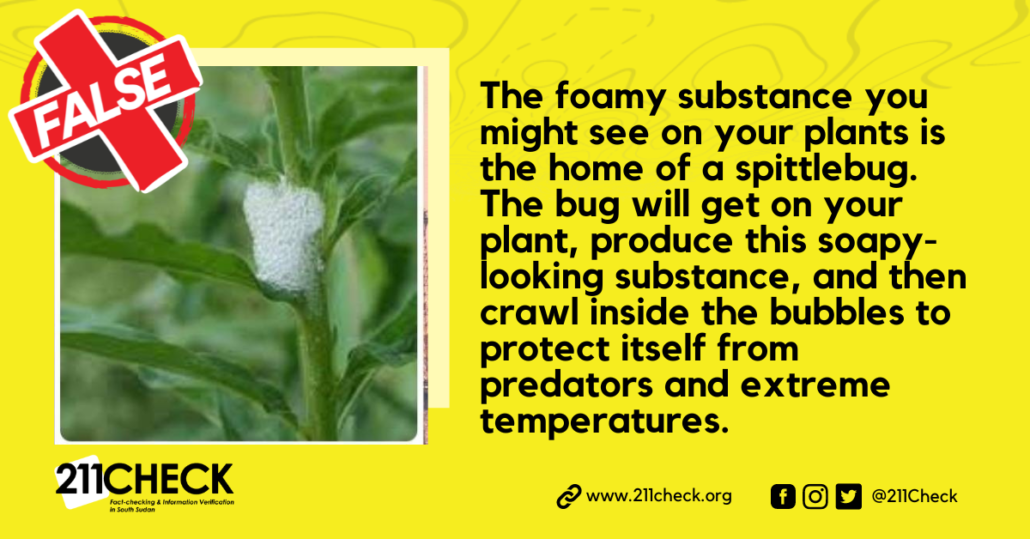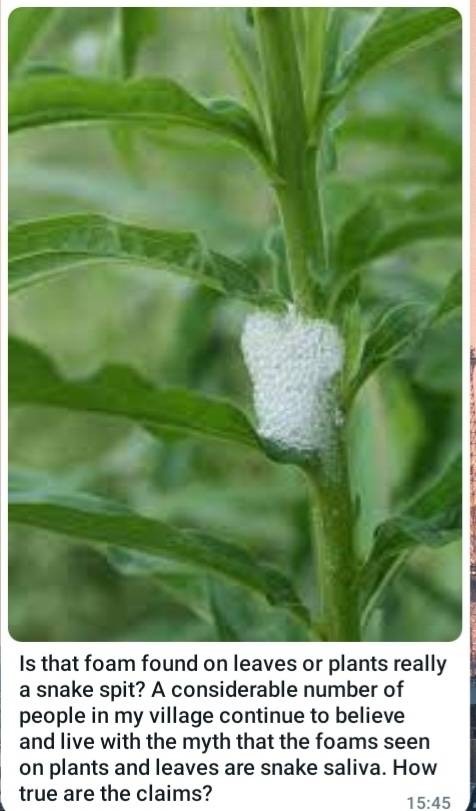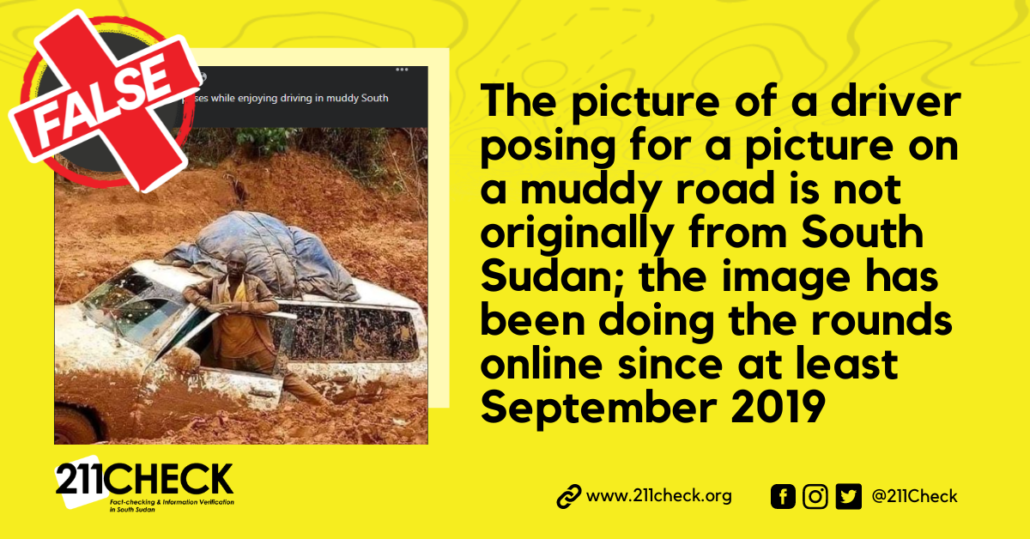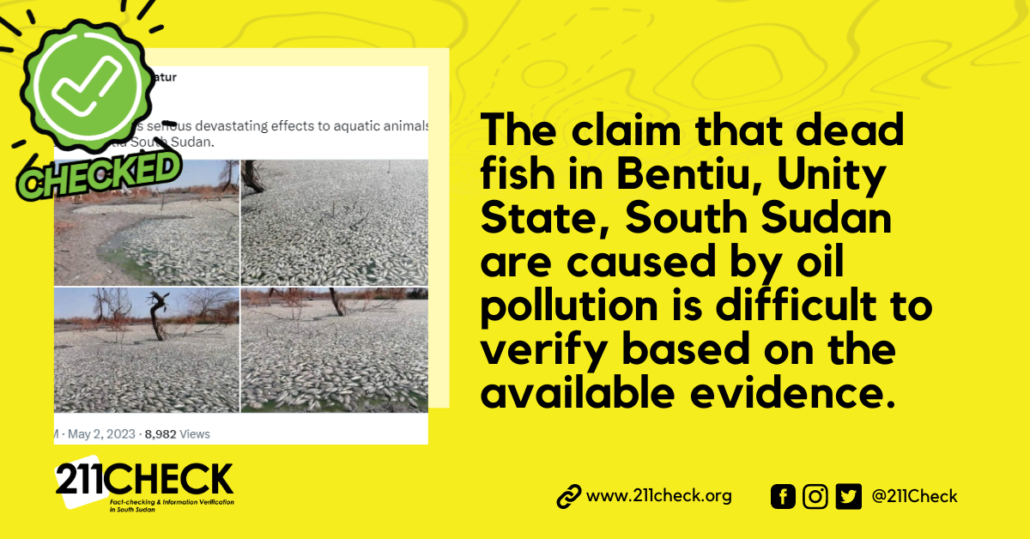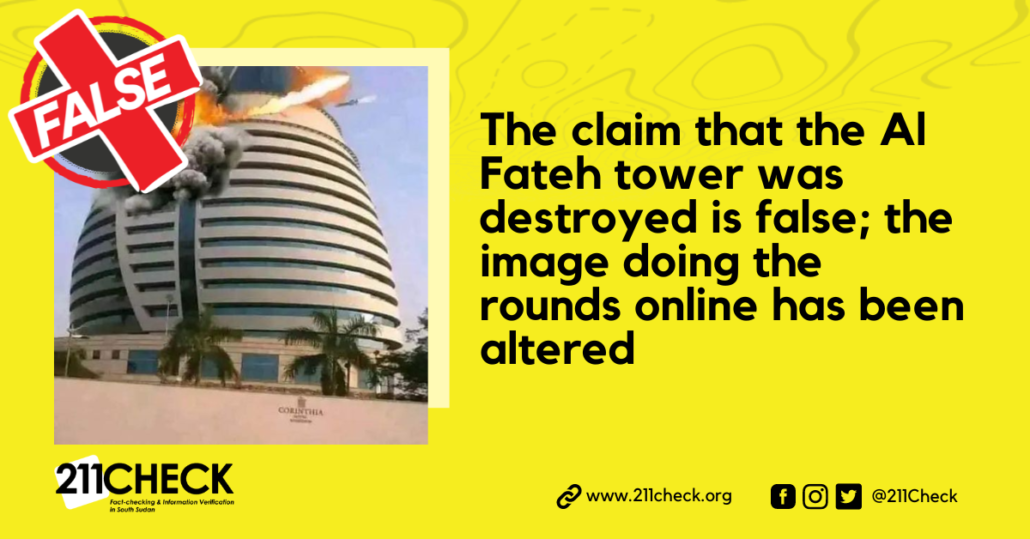Fact-check: Uganda Ministry of Health has not refused to Pay Medical Interns
The claim that Uganda’s Ministry of Health refused to pay pre-medical interns is false, as the ministry has been battling to deploy and pay more than 1,500 medical interns for their internship after graduating.
Writer: Kei Emmanuel Duku
Over the last year, Uganda’s Ministry of Health has been engaged in a fierce battle of deploying more than 1,500 medical interns for their internship after graduating. However, others who have been deployed complain about unpaid arrears, salary disparities and poor welfare, while fresh graduates still complain of delayed deployment by the Ministry.
On May 15, the Uganda Parliament directed the Ministry of Finance to release the money required to facilitate the deployment of medical interns by the Ministry of Health. Still, since then, no action has been taken by the respective ministries, but instead, the Ministry of Finance has threatened to scrape off allowance to medical interns, which proposal was rejected by President Museveni.
Ideally, the current Cohort of interns should have been deployed on April 3, but since then, no action has been taken.
Origin of the Claim, “not pay and deploy Interns.”
The claim originated from the earlier communication Dr Atwiine had made during a Zoom meeting, that some parents and students have met them and agreed to shoulder the internship cost as the Ministry of Health awaits funds from the national treasury. However, the pronouncement by Dr Atwiine doesn’t go well with some of the pre-medical interns.
A document doing the rounds on social media, majorly Twitter, claims that Dr Diana Atwiine, Permanent Secretary in the Ministry of Health, said that her Ministry would not pay for medical interns during their internship.
“We are not going to pay for Interns; let those who can afford to carter for their medical internship pick application forms and choose hospitals they would work in…,” reads part of the claim.
Dr Atwiine was further quoted in the claim that the medical professional is not meant for the children of the poor and had asked the poor children to abandon the profession. https://twitter.com/ainbyoo
What have we found out?
Such claims are uncalled for by any leader who holds such a magnitude position in any institution. It is on these bases that the Minister of ICT and National Guidance, Dr Chris Baryomunsi, in a separate, WhatsApp conversation shared by this publication between the Minister and one of the Medical Intern, Dr Chris denied the claims and assured the particular student of government assurance’s allowing all students to do their internship.
“This is not the position of the government. I don’t believe that she said this. I request you just to remain patient as the internship issue gets sorted. You will all do an internship,” he said in a WhatsApp message seen by 211 Check.
But during her communication on the 06th via Zoom to some medical interns, Dr Atwiine directed those interested students to apply online, hinting that the delay was caused by a lack of finance from the Ministry, as loudly pronounced by her in the video below.
Both Dr Atwiine and Dr Chris’s statements were backed up by a Press Release issued on the 7th of June by Emmanuel Ainebyoona, Senior Public Relations officer of the Ministry of Health, reechoing the outcome of the Zoom meeting and stated that upon applying and deployment, interns would be paid arrears once money is disbursed from the Ministry of Finance.
In the letter, he also expressed his displeasure with some students who went rowdy during the meeting. He conned false information regarding the out of the meeting and some individuals at the Ministry of Health. “……. Furthermore, some of the Pre Interns have embarked on Online Campaign distorting information and sharing abusive information on social media against The Ministry of Health,” reads the Press Release.
However, Emmanuel noted that the delay in deploying the intern had affected the internship cycles since many students will graduate and compete for the available few internship positions.
Medical interns are doctors, pharmacists, and nurses who have already graduated from medical school but need a one-year placement in the hospital to get permanent practising licenses from their professional councils.
Conclusion:
211 Check concludes that the claim of the students was false and contradictory to the outcome of the meeting at which the Permanent Secretary explained what caused the delay in deploying the students and what the next course of action should be for students and parents who can afford to pay for their internships in the respective health facilities where they will be deployed.
To ensure accuracy and transparency, we at 211 Check welcome corrections from our readers. If you spot an error in this article, please request a correction using this form. Our team will review your request and make the necessary corrections immediately, if any.
It is crucial to fight against misinformation and disinformation in mainstream and alternative media by avoiding becoming a victim of fake news. To prevent the spread of false information, you must refrain from sharing content you are unsure about or unaware of its origin. Disinformation and misinformation can be incredibly dangerous because they can mislead people and cause harm. For instance, false information on health matters can lead to wrong decisions that can put people’s lives at risk. Therefore, it’s vital to fact-check information before sharing it to promote accurate and reliable information. Visit https://211check.org/ for more information on our fact-checking process, or send us a WhatsApp message at +211 917 298 255 if you want to present a claim. Our team will promptly respond to your request because we believe #FactsMatter.

